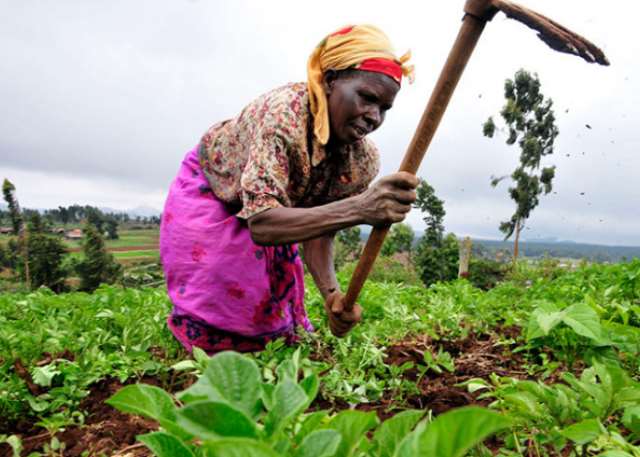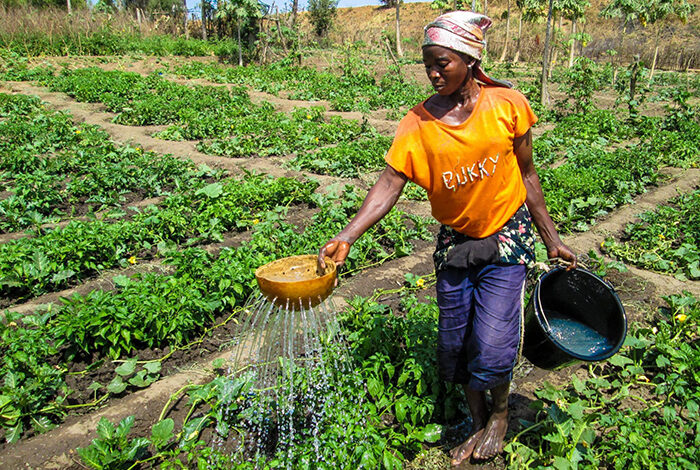Trapped by tradition: The struggles of women farmers for land justice in northern Ghana

Globally, nearly half of all smallholder farmers are women, yet they own less than 20 percent of the world’s land, according to the World Economic Forum. In sub-Saharan Africa, the Food and Agriculture Organization (FAO) reports that only 32 percent of women own agricultural land compared to 43 percent of men. These statistics are not just numbers; they represent the harsh reality faced by women farmers in northern Ghana.
In Ghana, women make up 52 percent of the agricultural labor force and contribute 70 percent of food crop production, according to the Friedrich-Ebert-Stiftung. Despite their crucial role in feeding the country, these women face significant disparities in access to land, credit, technology, and training. This has led to women-managed farms producing 24 percent less than men’s farms, as revealed by the FAO in 2023.
The struggles of women farmers in northern Ghana are deeply rooted in traditional beliefs and customs that prioritize male inheritance of land. Women often face discrimination and exclusion when it comes to land ownership, making it difficult for them to access the resources they need to improve their farming practices and increase their yields.
Closing the gender gap in agriculture could have a significant impact not only on women farmers but on the entire country. The FAO estimates that lifting this gap could lift 45 million people out of food insecurity and add nearly $1 billion to global GDP. It is clear that empowering women farmers is not just a matter of justice, but also a means of boosting agricultural productivity and ensuring food security for all.
As we work towards a more equitable and sustainable agricultural sector, it is crucial to address the challenges faced by women farmers in northern Ghana and beyond. By supporting women’s access to land, credit, technology, and training, we can create a more inclusive and prosperous food system that benefits everyone. Let us not be trapped by tradition, but instead, strive for land justice for all women

Ghanaflare.com




